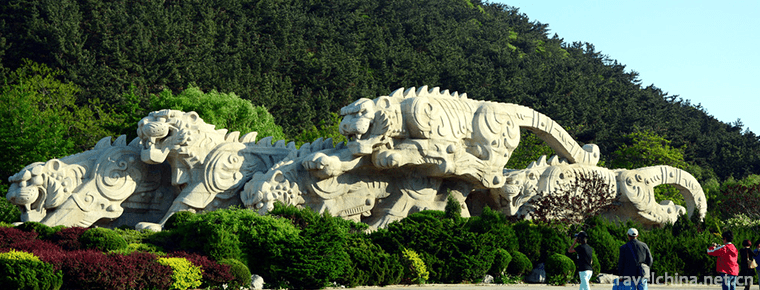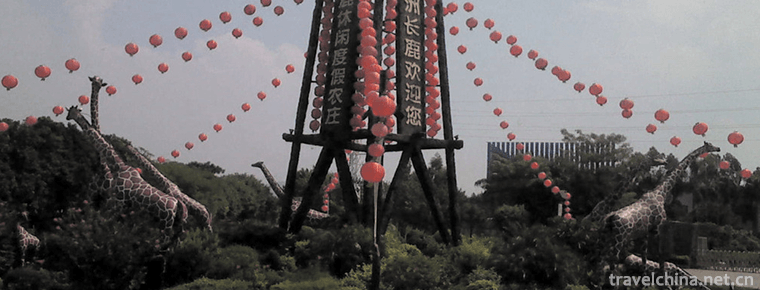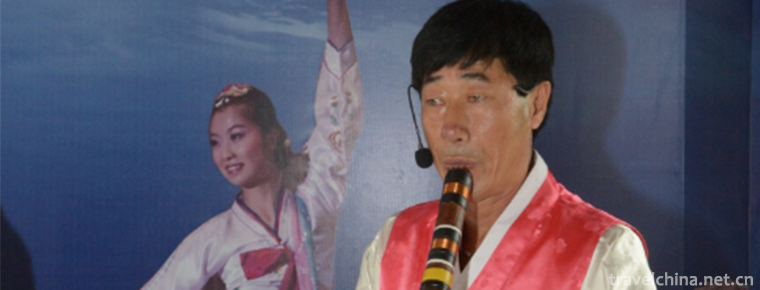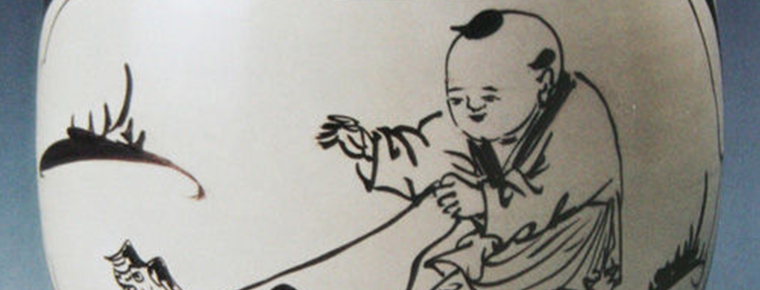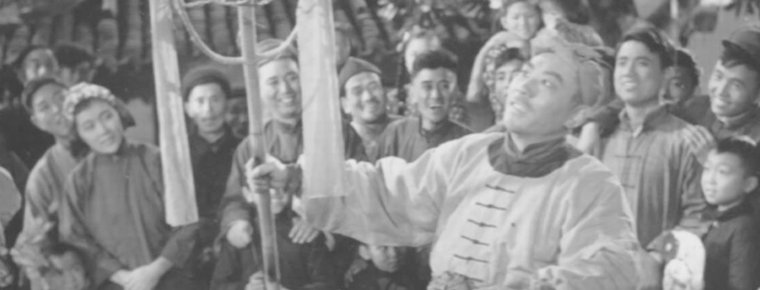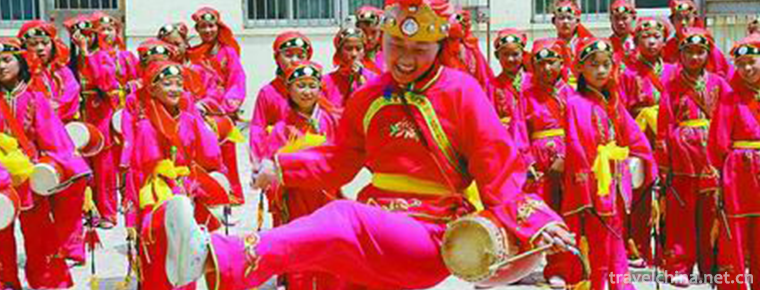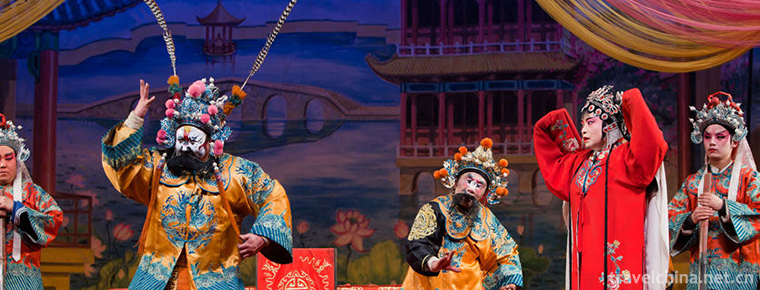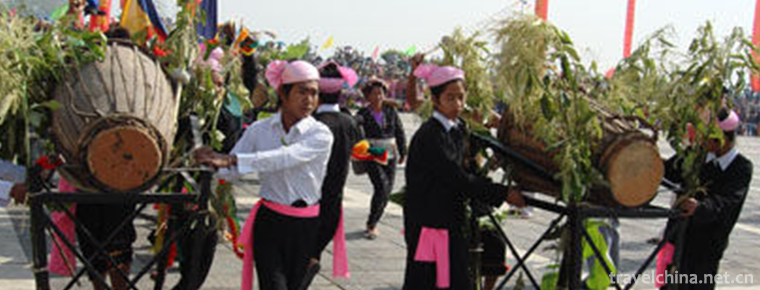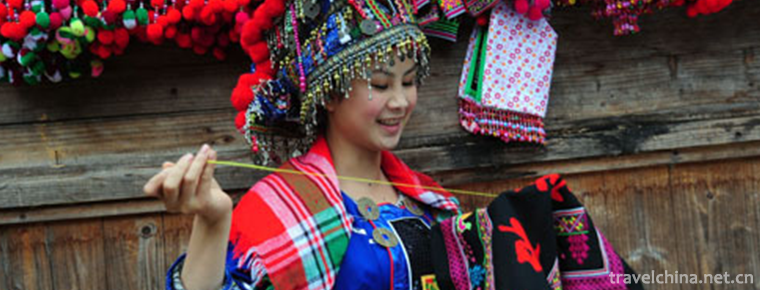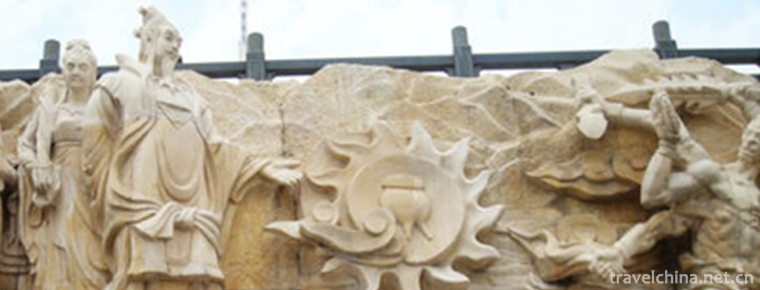Run Dong luo dongdong
Run Dong luo dongdong
"Lolola is a local traditional folk music in Hubei Province. It belongs to the first provincial intangible cultural heritage in Hubei Province. Jianli belongs to the Chu area of Jianghan since ancient times, advocating Chu style and making Chu voice. The main content of "Hello Du" is to sing folk opera albums. It belongs to relay-style voice-transmitting singing. The structure of the melody has the characteristics of polyphonic music and "natural harmony without accompaniment", commonly known as "beating harmony".
On June 7, 2008, the declaration of "Loloha" in Jianli County of Hubei Province was approved by the State Council to be included in the second batch of national intangible cultural heritage lists. Heritage serial number: 589 II-90.
historical origin
"Lolo-dong" is a transplanting slogan spread in Jianli, which originated in Ming Dynasty.
Zhu Yuanzhang, the founding emperor of the Ming Dynasty, was very poor when he was a child. He was forced to help the landlord's family herd cattle. One day, he and a group of small companions drove the cattle to the cattle ranch and fought with them in the graveyard. The cattle were left unattended and broke into a seedling plot of the landlord's house for a full meal. When Zhu Yuanzhang found out, the seedlings had been eaten half by the cattle. Afraid of the landlord's scolding, he took a few small Companions to pull up the remaining seedlings and plant them in the fields one by one. At that time, all the farmers planted rice were sowing, which was called "grain scattering". At the autumn harvest, Zhu Yuanzhang and his companions had more than twice the yield of seedling transplanting field than that of sowing. Farmers followed suit, so they had the farming work of transplanting seedlings.
Later, as emperor, Zhu Yuanzhang pursued a series of policies of recuperation and subsistence: land equalization, tax reduction, water conservation, and education, so that the tillers have their own land and the people of Cathay and Thailand can live in peace. Zhu Yuanzhang also made frequent private visits to observe the people's conditions. Once, he visited the farmers in the countryside of Jianli. He was very happy to see the farmers planting rice seedlings in the fields. He rewarded them on the spot. The peasants were very grateful to the Saint-Ming Emperor. He couldn't help singing a hymn: "Singing the Daming Dynasty, the emperor has a lot of ways, the officials and the Ming Dynasty have a lot of filial piety for their children, and the wives and husbands have fewer disasters The others answered, "Du Ah Le, Le Ye Tie, Le Za Le Duo, Lo Lo Li Da." Later, the peasants felt that singing when transplanting rice seedlings could not only express their inner feelings, but also refresh their spirits and dispel fatigue. So they have been singing until now, and they have become the unique intangible cultural heritage of Jianli, a major grain-producing County in China - "Lolo-dong"
artistic characteristics
The pronunciation of "Lo Luo Da" is the dialect of Jiannan area, which is in the transitional zone between Southwestern Mandarin and Hunan-Hubei dialect. The syllables of opening call account for half of all syllables. In the tones of folk songs, Jiannan and Honghudong are the convergence of the tones of several languages in central, southeastern and frozen courtyards of Hunan Province, forming a unique style. The structure types of lyrics can be divided into simple sentence structure and more complex multi-paragraph structure. Jianli is the second kind of structure, which is novel and unique, from one place to another, and is full of spoken language and interesting. It constitutes the artistic features of the lyrics of "Lolo Dong". The free rhythm and long melody of "Lolo-dong" in music make it have the characteristics of the folk song style in plain areas: line is generally characterized by four or five degrees jump; the melody line of "first rising and then depressing" is formed in syntax; and the color-rich "deviation" is applied in the high-pitched area.
Inheritance value
In the historical environment of Jianli culture, in the long-term farming life and rice farming work, the "Lolo" has formed a unique form of local traditional culture, which has extensive popularity and folk inheritance. The melody of "Lola Na" is high and melodious, and the melody is free to express. It has the characteristics of "natural harmony without accompaniment". "Loloha" is the only original local folk song with the characteristics of folk song in plain area. It uses a lot of linings and has polyphonic music characteristics in tone and structure, and has high artistic research value.
Inheritance and protection
In order to protect the intangible cultural heritage, Jianli County has established the intangible cultural heritage protection center and declared it as the national intangible cultural heritage. In order to inherit this national culture, Jianli County organized the "Lo Luo Da and Jianli Folk Song Competition" in 2012. More than 1,000 actors from more than 30 teams participated in the competition. The County non-heritage protection center has also set up "Lo Luo Da Heritage Institute" in more than 20 Township markets such as Zhuhe. Zhuhe alone has carried out more than 10 inheritance activities, and trained a large number of Lo Zhenghong, Wang Yanfang and other inheritors. 。 Zhuhe Cultural Station also invited Zhu Sili, the twenty-first generation heir of Lola Du, to collect and collate more than 100 Lola Du and Jiali folk songs and compile them into a book for data transmission.
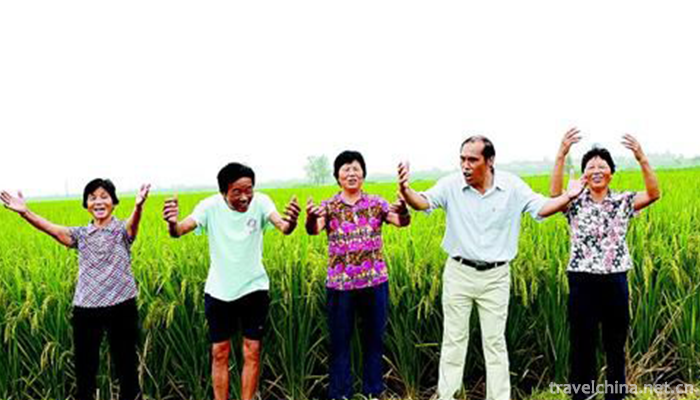
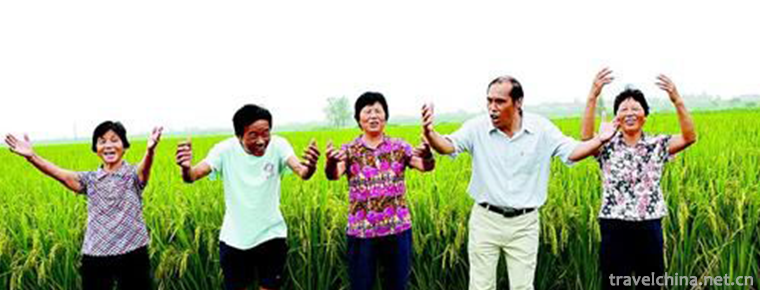
Run Dong luo dongdong
-
Dalian Laohutan Ocean Park
Dalian Laohutan Ocean Park is located in the middle of the southern coast of Dalian, a national scenic spot. It covers an area of 1.18 million square meters
Views: 292 Time 2018-12-02 -
Chuanlord Tourism & Leisure EXPO Park
Chuanlord Tourism & Leisure EXPO Park ,Changlu Tourism Xiubo Park, or Changlu Environmental Protection Holiday Farm (hereinafter referred to as "Changlu Farm")
Views: 517 Time 2018-12-12 -
Korean Dongxiao Music
The Koguryo History Music Records records that Dongxiao belonged to the musical instruments of the Tang Dynasty in China. During the period of Shizong in the Li Dynasty
Views: 141 Time 2019-04-16 -
Sintering Techniques of Cizhou Kiln
Cizhou kiln firing technology, the local traditional firing technology of Fengfeng mining area in Hebei Province, is one of the national intangible cultural heritage.
Views: 125 Time 2019-04-22 -
Shanghai Opera
Shanghai Opera, a local traditional drama in Shanghai, is one of the national intangible cultural heritage.
Views: 183 Time 2019-05-03 -
Shandong Huagu
Shandong Huagu is a traditional folk art form with Huagu as the main accompaniment instrument. It is also the only type of walking songs in Shandong folk art. Shandong Huagu is very good at expressing
Views: 175 Time 2019-06-13 -
Shangdang Laozi
Shangdang Laozi is one of Shanxi local operas. It is a kind of opera popular in southeastern Shanxi. Shangdang Laozi is a tributary of Wu'an Laozi in Hebei Province. During the Daoguang period of the
Views: 391 Time 2019-06-13 -
Water Encouragement
Water drum dance is a kind of popular dance spread between the De'ang and Miao nationalities. It combines water, drum and dance to worship ancestors, pray for good weather and peace in villages. Howev
Views: 154 Time 2019-06-15 -
Yao embroidery
Yao embroidery is exquisite and delicate. Women practice flower-picking at the age of 6-7. When he grew up, he became a master of embroidery. Yao embroidery patterns are mainly used to represent trees
Views: 183 Time 2019-07-11 -
Legend of Dayu
Dayu's water control is a great project in the ancient times of our country. It once benefited mankind and became a symbol of the strength and wisdom of the ancient people of our country. Until the Sp
Views: 241 Time 2019-07-16 -
Warm tips for Chengdu Giant Panda Base
Giant pandas live in dense bamboo forests at an altitude of 2600-3500 meters. The annual temperature is lower than 20 ℃ and likes cold and afraid of heat. When the weather is cool, the giant panda will carry out activities in the outdoor playground. When the outdoor
Views: 190 Time 2020-12-13 -
Contact information of Chengdu Giant Panda Base
Contact information of Chengdu Giant Panda Base
Views: 171 Time 2020-12-13
